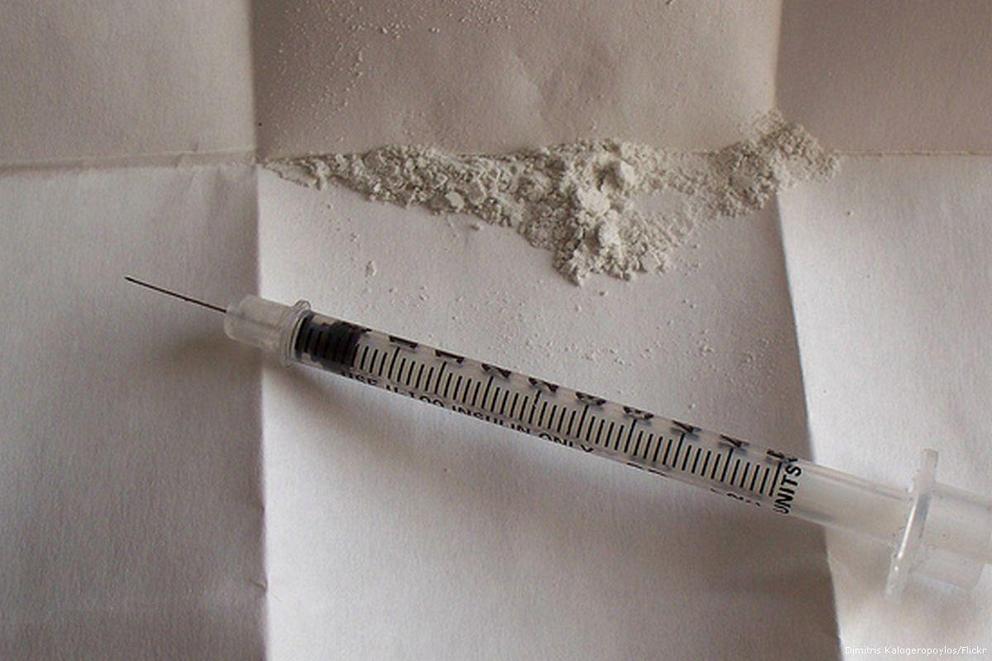How Israel armed the drugs cartels – part 2
Read part 1 here
The Medellin Cartel’s military leader was Gonzalo Rodriguez Gacha, who set up “self-defence” squadrons to protect his “ranchers” from left-wing guerrillas like the FARC, which had been taxing their cocaine exports. Rodriguez Gacha and his affiliated far-right death squads were responsible for some of the country’s worst campaigns of political terror, targeting judges, politicians and civilians alike for assassination.
According to the Columbian secret police, the Cockburns wrote in their book Dangerous Liaisons, Colonel Klein “had not only taught Rodriguez Gacha’s men how to make bombs (including one that exploded on board [a] commuter flight), he had also trained the killers of Luis Carlos Galan, a presidential candidate in 1989 who was often compared to John F. Kennedy and who almost certainly would have moved into the Presidential Palace. General Maza [of the secret police] also accused Klein of importing quantities of Israeli arms for the Medellin Cartel.”
These weapons were Israeli army surplus, including mortars, mines and explosives, infrared equipment, machine guns and medical supplies. The shipments also included five hundred assault rifles and 200,000 rounds of ammunition.
In 1989, after US and Columbian authorities had finally turned decisively against Escobar and his associates (under the rubric of the “War on Drugs”) they eventually cracked down on the the cartel. Rodriguez Gacha, along with his son and bodyguards, died in a last-stand shootout. When they lined up the bodies, the authorities found a cache of 178 Israeli “Galil” assault rifles.
Later on, when details of Colonel Klein and his training firm Spearhead came to light in the world’s press, Israeli politicians attempted to distance themselves, painting the group as something of a rogue operator. But that was far from the truth.
As the Cockburns document, the Israeli government would have had to have known about the arms shipment that Klein and his firm facilitated to the right-wing death squads and drugs cartels. One high ranking Colombian official declared “unequivocally” that “officials of the Israeli government knew and consented to the sale of the arms shipment to Colombia, up to the point of expediting a vessel to complete the first step of the route.”
An Israeli defence ministry spokesperson said later that the transaction via a front company to ship the weapons to Escobar’s death squads was carried out “under all the usual procedures at the Defence Department” even though state owned Israel Military Industries shipped the guns in a sealed container marked “machine parts” in a clear attempt to cover their tracks.
After Klein’s exposure, when Israeli politicians began to denounce him in public, he was adamant that everything that he had done, he had done with the permission of the Israeli government. An Israeli investigation of Klein and his company revealed a 1986 document signed by the Defence Minister (and later Nobel Peace Prize winner) Yitzhak Rabin, giving Spearhead permission for “the export of military know-how and defence equipment.”
The same Rabin, after Klein’s exposure, attempted to distance Israel from Spearhead, claiming that its personnel were “mercenaries”, as if they had been completely independent, which was not the case. They were instead part of an expendable front organisation, both for the Israeli government and for its patrons in Washington DC.
Speaking to the Cockburns, Klein made it clear that Zvi Reuter, then the head of “Sibat”, the Israeli defence ministry’s arms industry liaison department, “was duly informed of every move they made.”
Klein, somewhat understandably, became rather disillusioned with this realpolitik approach of his handlers. He summed it up frankly: “It’s so hypocritical. Spearhead was the only organisation that served American interests, because it was fighting the Communist guerrillas, which were such a threat to the interests of the Americans. Now they turn around and say that cocaine is the biggest threat, so they turned against Spearhead. It just shows that we no longer serve American interests and as a result, we were thrown to the side and persecuted.” (Emphasis added.)
Israeli journalist Nahum Barnea defended Klein in Yedioth Ahronoth, on the basis that when he fought in Lebanon, Israel had done similar things there, since its right-wing Phalangist allies were active participants in the Lebanese drug trade. “The truth is that Yair Klein and myself have already gone to war in the service of the drug cartel once,” he wrote. “It happened seven years ago in the Lebanon war… what is the moral difference?”
Decades later, Klein was arrested in Russia after a Colombian court had convicted him in absentia of training the death squads. An Interpol warrant had been put out for his arrest. Russia had at first agreed to deport him to Colombia, but ended up making a deal with Israel to exchange him for a Russian prisoner. As far as is known, Yair Klein (now promoted to Lieutenant-Colonel) still walks free in Israel.
The views expressed in this article belong to the author and do not necessarily reflect the editorial policy of Middle East Monitor.
This work by Middle East Monitor is licensed under a Creative Commons Attribution-NonCommercial-ShareAlike 4.0 International License. If the image(s) bear our credit, this license also applies to them. What does that mean? For permissions beyond the scope of this license, please contact us.

